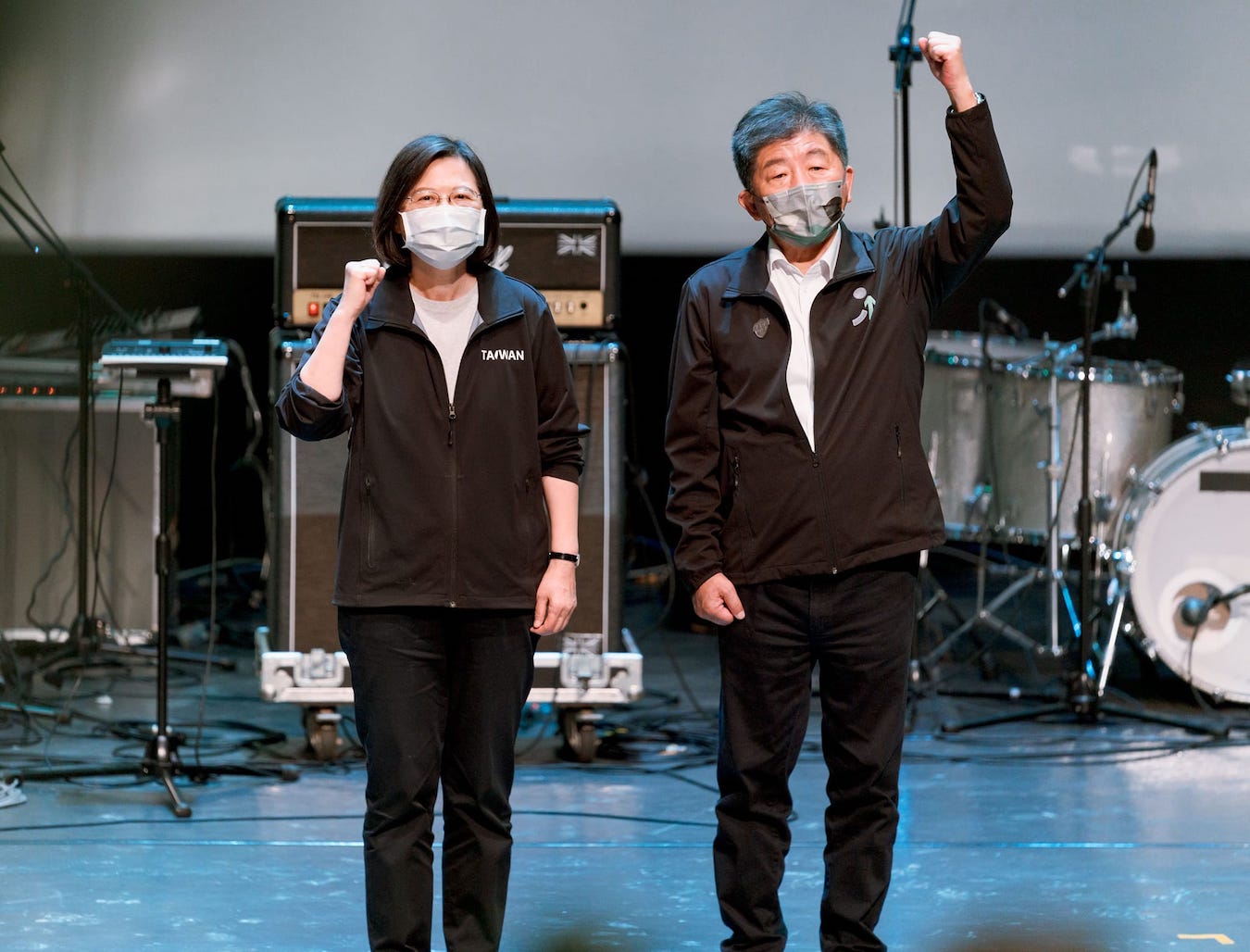by Brian Hioe
語言:
English
Photo Credit: KMT/Facebook
EARLIER THIS MONTH, on November 3rd, President Tsai Ing-wen called for an end to “black gold” politics in an appeal to voters to place their votes for the DPP’s county magistrate candidates in Yilan, Miaoli, and Nantou. This is significant, in that this reflects that the DPP has chosen an angle of attack that will focus on the KMT over issues of corruption.
Indeed, the DPP suffered an unexpected setback in the election cycle after its Taoyuan mayoral candidate, Lin Chih-chien, was accused of plagiarizing his master’s thesis. Lin’s master’s degree was eventually invalidated following an investigation by National Taiwan University and Lin withdrew from the race in favor of legislator Cheng Yun-peng.
Controversy regarding Lin threatened to affect the DPP’s other candidates. Likewise, while the KMT has historically controlled Taoyuan, given the successes of DPP mayor Cheng Wen-tsan, it originally looked as though the DPP would be able to retain Taoyuan.
 President Tsai Ing-wen (left) and the DPP’s Taipei mayoral candidate, Chen Shih-chung (right). Photo credit: Tsai Ing-wen/Facebook
President Tsai Ing-wen (left) and the DPP’s Taipei mayoral candidate, Chen Shih-chung (right). Photo credit: Tsai Ing-wen/Facebook
Since the controversy that led to Lin’s withdrawal, there has been a wave of plagiarism accusations against candidates both pan-Green and pan-Blue. However, a number of prominent pan-Blue political candidates have been caught up in plagiarism accusations, including the KMT’s Taoyuan mayoral candidate Simon Chang, the TPP’s Hsinchu mayoral candidate Ann Kao, TPP legislator Tsai Pi-ru, KMT Nantou County commissioner candidate Hsu Shu-hua, and others. Tsai resigned from her post as legislator over the plagiarism charges.
This has taken some of the burden off of the DPP when it comes to the scandal about Lin. Nevertheless, as many political candidates seek to bolster their political credentials with degrees, perhaps the thesis scandal also reflects corruption to some extent. Pan-green politician Chen Ming-tong, the current director-general of the National Security Bureau, is accused of allowing Lin to obtain his degree as his advisor. This is not the first time that a politician has been accused of acting to benefit allies through an academic position.
The DPP leaning into attacks on the KMT over the issue of corruption are because of a wave of corruption charges faced by KMT politicians–though these were previously overshadowed by the thesis controversy.
KMT politicians that have faced corruption charges in recent memory include Yilan county magistrate Lin Zi-miao over a development project on protected land which was rezoned under her tenure and purchased by a relative. This also includes Hualien county magistrate Hsu Chen-wei, who along with her husband, legislator Fu Kun-chi, have long been accused of political corruption. Yunlin county commissioner Chang Li-shan has also faced accusations of illegal construction on public land. The KMT mayoral candidate in Keelung, Hsieh Kuo-liang, has in recent memory been accused of money laundering.
More recently, Ann Kao of the TPP has been accused of pocketing fees illegally from assistants. Among those to implicate her are other members of the TPP. More generally, there have also been some allegations vote buying in local races, affecting candidates from a number of parties.
The redirect in focus to KMT corruption has helped most of all by the bizarre Miaoli county magistrate race, however. In Miaoli, independent Chung Tung-chin is running despite murder and assault charges linked to gang-related violence.
Although Chung is running as an independent and is up against the KMT’s candidate, Hsieh Fu-hung, he was previously a member of the KMT as a Miaoli city councilor. He is backed by incumbent KMT county magistrate Hsu Yao-chang, reflecting a split between the KMT in Miaoli and the party leadership. Hsu has faced calls to be kicked out of the party as a result of his refusing to go with the wishes of the KMT leadership.
Though the KMT and DPP alike are calling for Chung to drop out of the race, his association with the KMT as a former KMT member and because of his association with Hsu will still affect the KMT. Taipei mayor Ko Wen-je, the leader of the pan-Blue TPP, may also not be doing himself any favors by building ties with Chung, having publicly held campaign events together. For his part, Ko dismissed criticisms by suggesting that corruption and involvement in crime was commonplace among politicians in northern Taiwan.
 KMT chair Eric Chu at an election rally. Photo credit: KMT/Facebook
KMT chair Eric Chu at an election rally. Photo credit: KMT/Facebook
Chung’s unusual bid for Miaoli county magistrate has led to increased attention on the issue of criminal wrongdoing in the election, as reflected in the “black gold” politics involving corruption and collusion with gangsters that was often seen during authoritarian times, and which still persist in Taiwan today after democratization.
According to the Taiwan Anti-Corruption and Whistleblower Protection Association, 11.6% of 1,677 city councilor candidates have criminal records. The percentage of candidates with criminal records increases in rural parts of Taiwan, with 16.3% of candidates in Changhua county, 18% in Kaohsiung county, 18.8% in Kinmen county, 20.8% in Miaoli county, and 24.6% in Yunlin county–meaning that an astonishing one in four candidates in Yunlin county have criminal records.
The, then, is the issue that the DPP is seeking to reframe the election around. Although the DPP has sought to attack the KMT most of all on the front of its stances on cross-strait politics in past years, midterm elections in Taiwan are primarily about local issues, and so the issue of local corruption may be a more adequate angle of attack.

